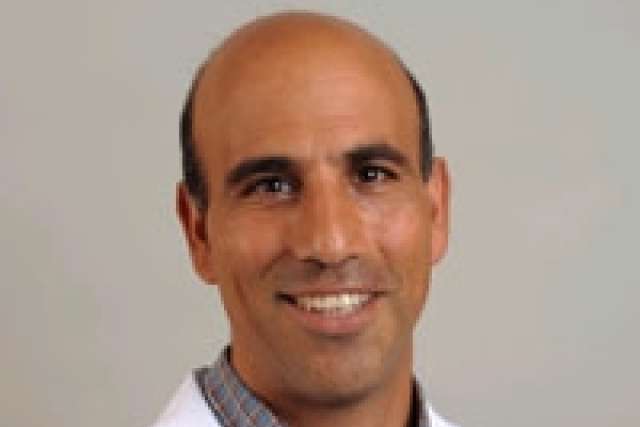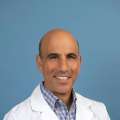Dear Doctor: I was recently diagnosed with fatty liver. I researched it a bit, and learned that people with this condition can have a pregnant-looking stomach. Although I've been considered slim my whole life, for the last 8 or 9 years I've looked about 6 months pregnant. Please tell me how I can reverse this, and quit wearing "maternity" clothes.
So obviously, you’re not alone. The issue that you’re having with fatty liver by a large percentage of Americans. To understand how this happened, and why the rates of diabetes, obesity and fatty liver have increased over the last 40 years, just visit a supermarket. There, you’ll find aisle after aisle of high-carbohydrate, high-sugar, processed foods.
High-sugar foods such as cookies, candies, cakes, ice cream, sodas and juices raise both insulin and triglyceride levels. So do highly refined carbohydrates such as crackers, potato chips, low-fiber breads, rice, and pasta. Processed foods often contain large amounts of both sugar and refined carbohydrates. All of these foods are easily converted to fat in the body, and when there’s too much fat, it starts to build up in the liver. That can cause an inflammatory reaction that leads to scarring.
Most people have no symptoms of fatty liver; only rarely do patients have related fatigue or stomach fullness. Your doctor may want to investigate whether the weight gain in your abdomen is not simply related to increased fat distribution in that area of your body.
You can try to reverse the condition – and your weight gain – by reducing the amount of sugars and carbohydrates you consume.
A published recently in the found that reducing the amount of dietary carbohydrates to 50% or less of total calorie intake successfully led to a decrease in liver fat content. In other words, the type of calories – not just total calories – you consume matters. Other research, specifically a published in the journal , looked at obese patients undergoing bariatric surgery. Researchers found that people whose carbohydrate intake was greater than 54 percent of their total calories were six and a half times more likely to have liver inflammation compared to those for whom carbohydrates made up less than 35 percent of their total calories. What was interesting about this study was that those who ate a high-fat diet had lower rates of inflammation in the liver. This runs counter to the long-held belief that dietary fat causes people to develop more fat in the body and the liver.
To change your diet, start with sugar. By that I mean eliminate high-sugar foods from your diet – completely. That means no dessert, no sodas, no juices. High-sugar foods are pervasive within our society, and it takes a daily determination to not consume them, especially when they are a normal portion of our American diet. Further, high-sugar foods are both addictive to the brain and the body. But hang in there: Those addictive effects recede within just a few days of stopping sugar.
Also, reduce carbohydrates that are low in fiber. They can create many of the problems found with high-sugar foods.
And last but not least, start an exercise regimen – or ramp up the one you have. It will help you work off extra calories, while also helping you control your body’s ability to control glucose levels.
By lowering your intake of sugar and carbohydrates and by increasing your amount of exercise, you’ll decrease the , decrease your risk of diabetes and decrease the size of your mid-section.
, is an internist and assistant professor of medicine at the University of California, Los Angeles.
Ask the Doctors is a syndicated column first published by UExpress syndicate.




